Here's the game you didn't know you needed to play
Electricity distribution networks are complicated. So are the games based on them.
Keep your energy consumption under control through the Festive Season with these practical tips and tricks from Bill Hero and Energy Coach

December in Australia marks the beginning of summer, bringing warmer temperatures, longer days, and, of course, the festive season. This time of the year typically sees an increase in energy usage due to cooling needs and holiday celebrations.
However, with a few strategic measures, Australian households can enjoy the festivities and the summer weather while keeping their energy consumption in check. This article offers practical tips for maximizing energy efficiency in December.
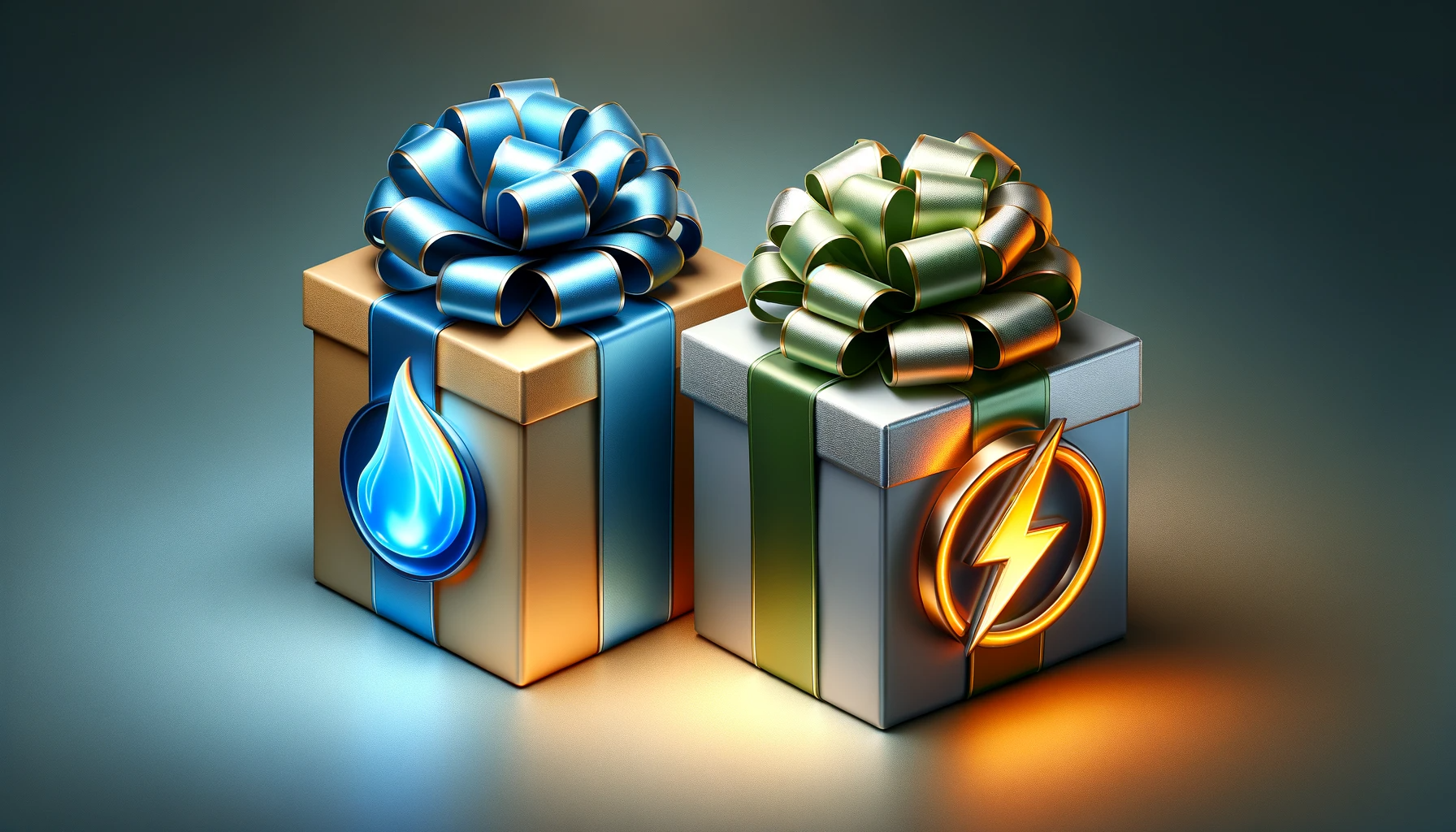
Stuck for festive season gift ideas? Give the gift of savings this year with a Bill Hero gift subscription!
Australian summers get hot, prompting a heavy reliance on air conditioning. Additionally, the holiday season often involves decorative lighting and increased cooking, contributing to higher energy use. Understanding these challenges is the first step toward addressing them effectively.
1. Optimize Air Conditioning Use: Set your air conditioner to an efficient temperature, typically around 24-25°C. Each degree lower will significantly increase your energy consumption.
2. Service Your Air Conditioner: Before the peak of summer, ensure your air conditioning unit is serviced and its filters are clean for optimal performance.
3. Use Fans Wisely: Ceiling and portable fans use considerably less energy than air conditioners. Using fans to circulate air can make a room feel cooler, reducing the need for air conditioning.

1. Ventilate at Night: Take advantage of cooler evenings by opening windows to let in fresh air.
2. Shade and Insulate: Use curtains, blinds, or external shades to block out heat during the day, especially on windows that face the sun.

3. Strategic Planting: Consider planting deciduous trees or vines that provide shade in summer but allow sunlight in winter.
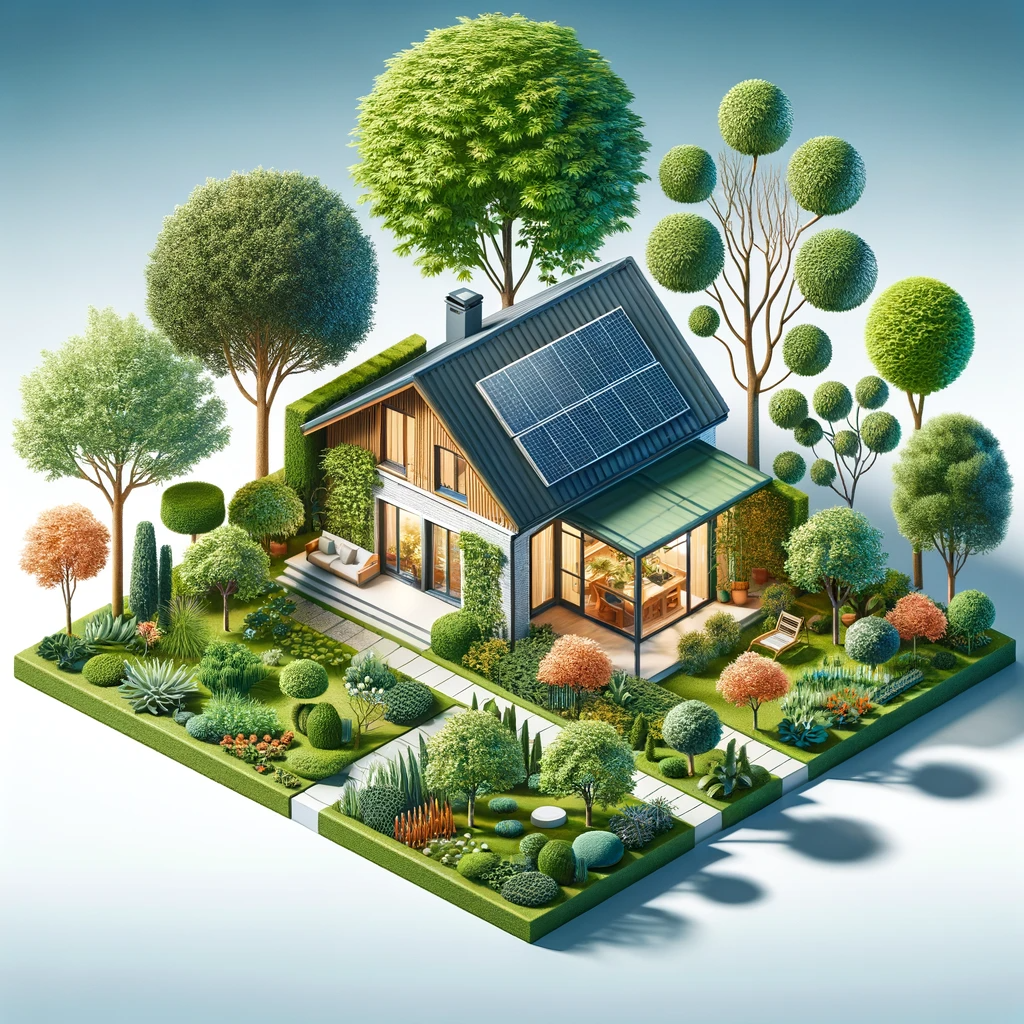
1. LED Lights: Choose energy-efficient LED holiday lights that use less energy and emit less heat.
2. Timer Usage: Use timers for your holiday lights to ensure they are only on when needed.
3. Outdoor Solar Lights: Opt for solar-powered lights for outdoor decorations to save on energy costs.
1. Smart Cooking Practices: Use microwaves, pressure cookers, or outdoor grills, which are more energy-efficient than ovens.
2. Batch Cooking: Cook multiple dishes at once or in sequence, to make the most of the oven’s heat.

1. Pool Pump Timing: Run your pool pump during off-peak energy times, not continuously.
2. Pool Covers: Use a pool cover to reduce water evaporation and keep the pool cooler, reducing the need for constant filtering and pumping.
1. Unplug Electronics: Devices like TVs, computers, and game consoles still use energy in standby mode. Unplug them when not in use.
2. Power Strips: Use smart power strips that cut off power to devices when they are not in use.

1. Cold Water Washing: Use cold water for laundry to save on heating costs.
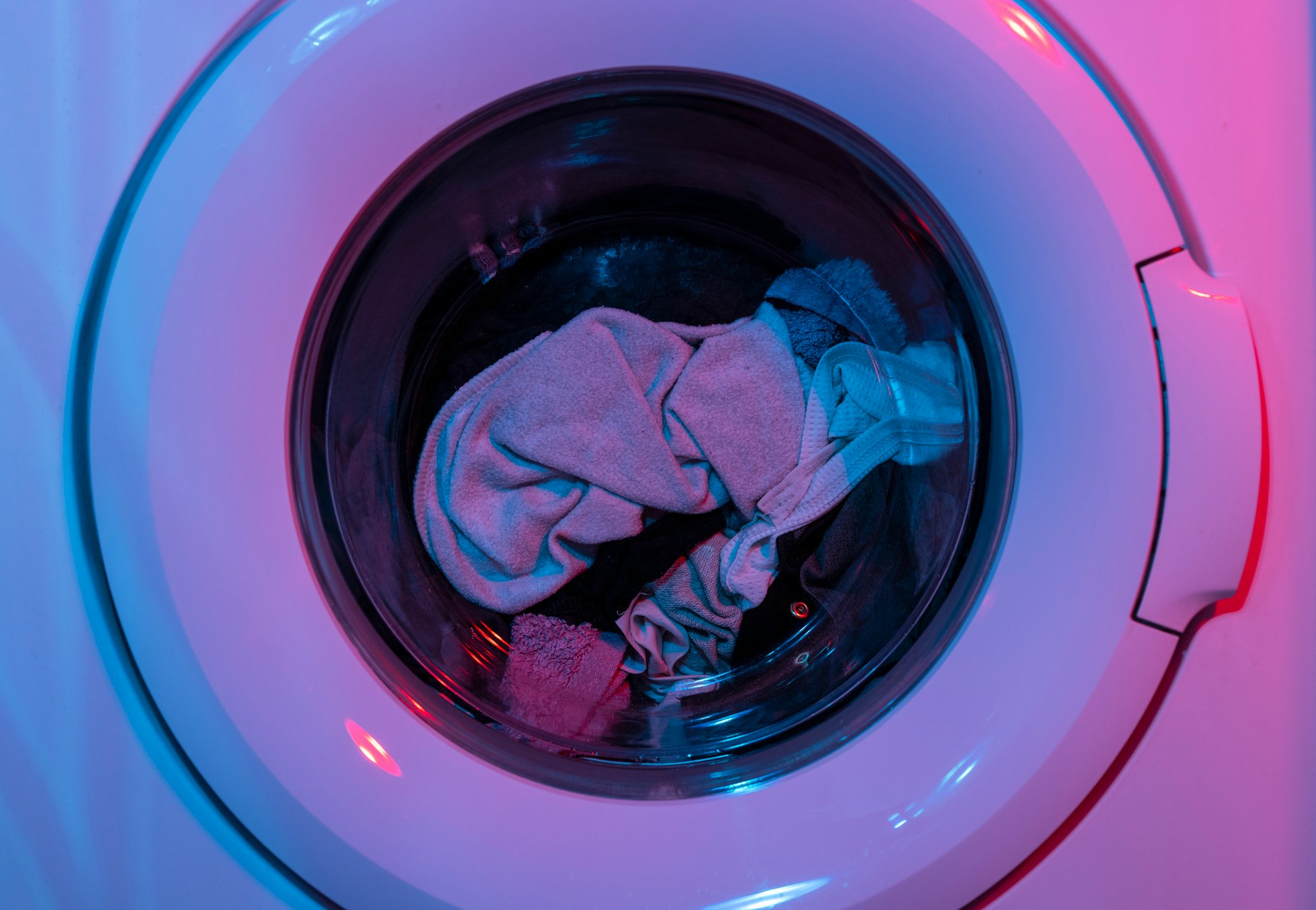
2. Line Drying: Take advantage of the warm weather to dry clothes outside instead of using a dryer. The dryer will only burn expensive energy, while heating up your home.
1. Solar Water Heaters: Consider installing a solar water heater to reduce electricity or gas use.
2. Efficient Showerheads: Install water-efficient showerheads to reduce hot water usage.
1. Insulation: If you are considering home renovations, adding insulation to walls and ceilings can significantly improve your home’s energy efficiency.
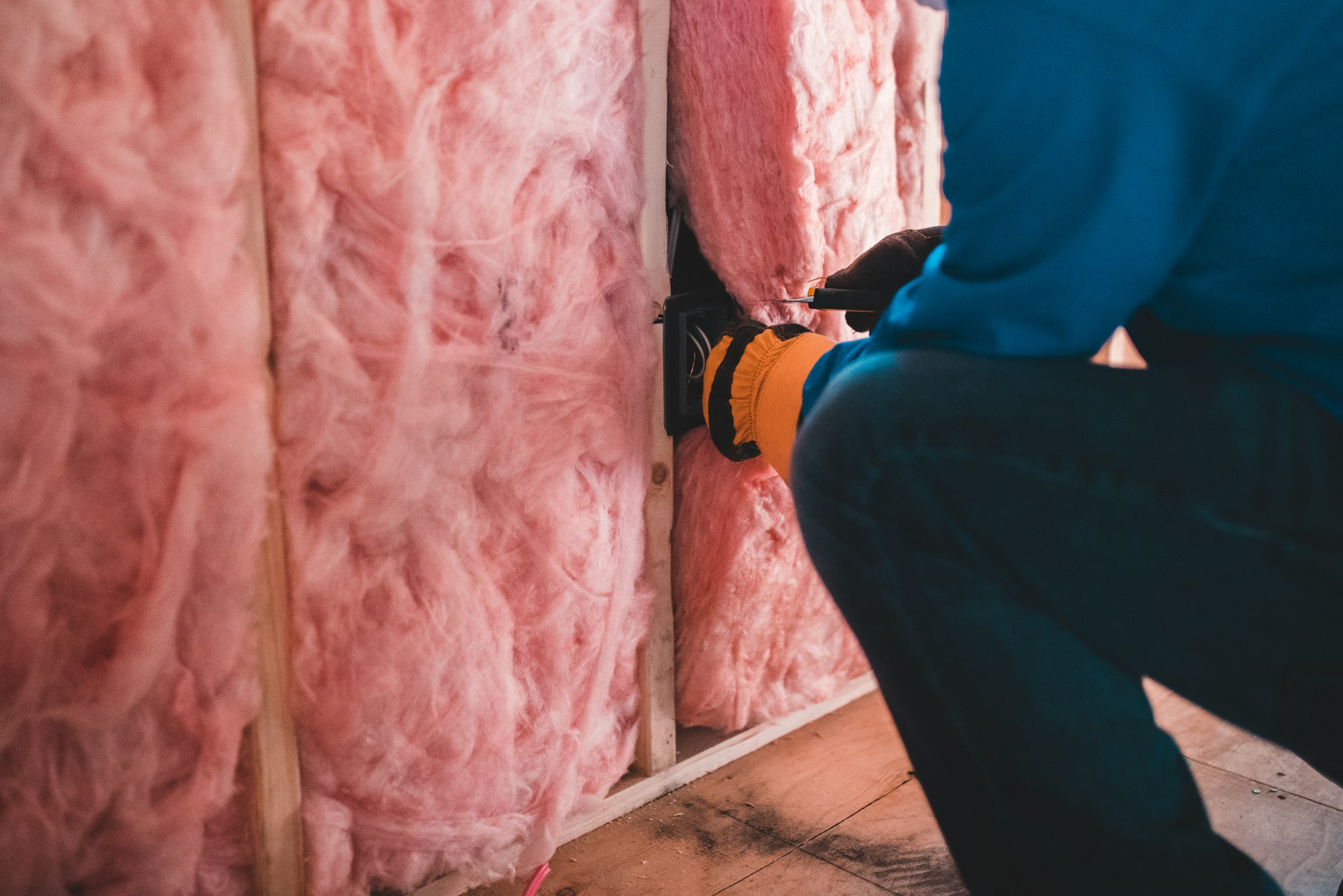
2. Energy-Efficient Windows: Upgrading to double-glazed windows helps keep heat out during summer and in during winter.
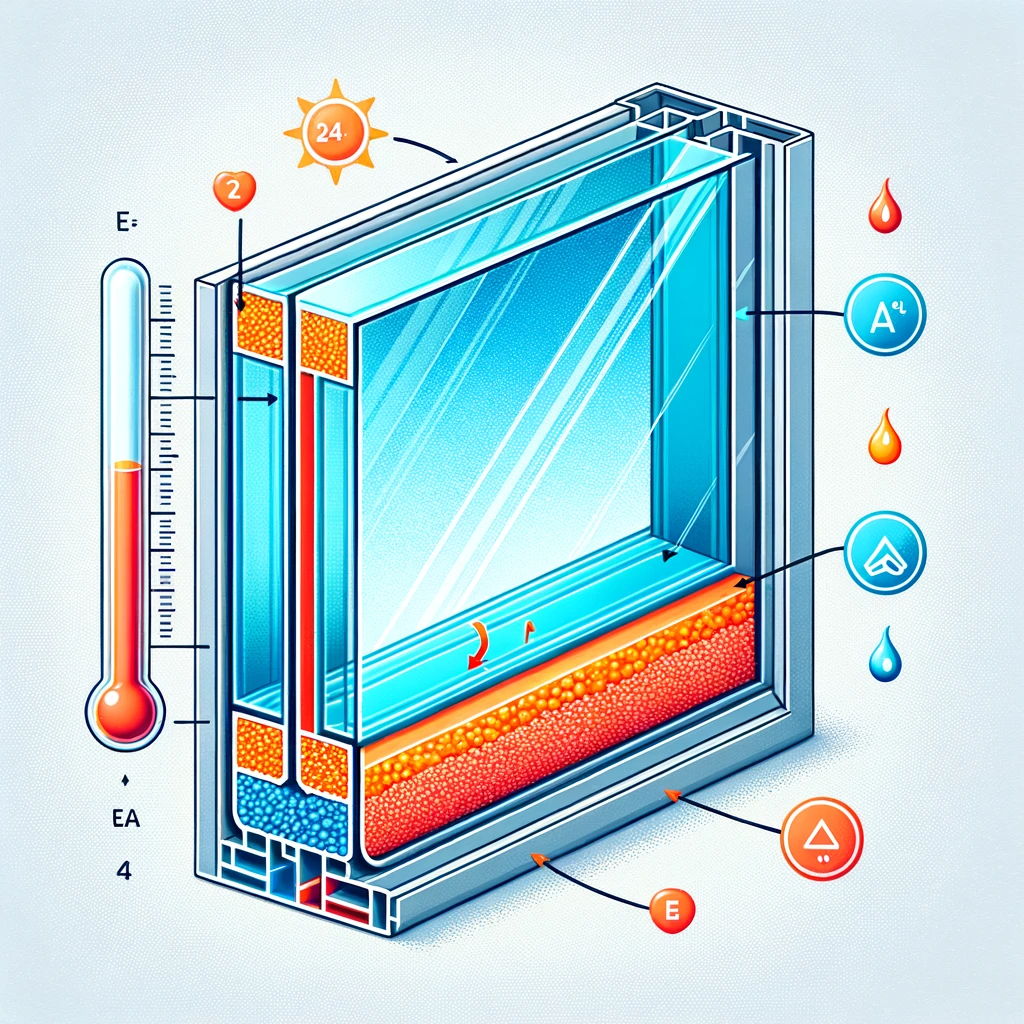
1. Energy Audit: Conduct an energy audit to identify areas where you can save energy.
2. Smart Meters and Monitors: Use smart meters or energy monitoring systems to track your energy consumption in real-time.
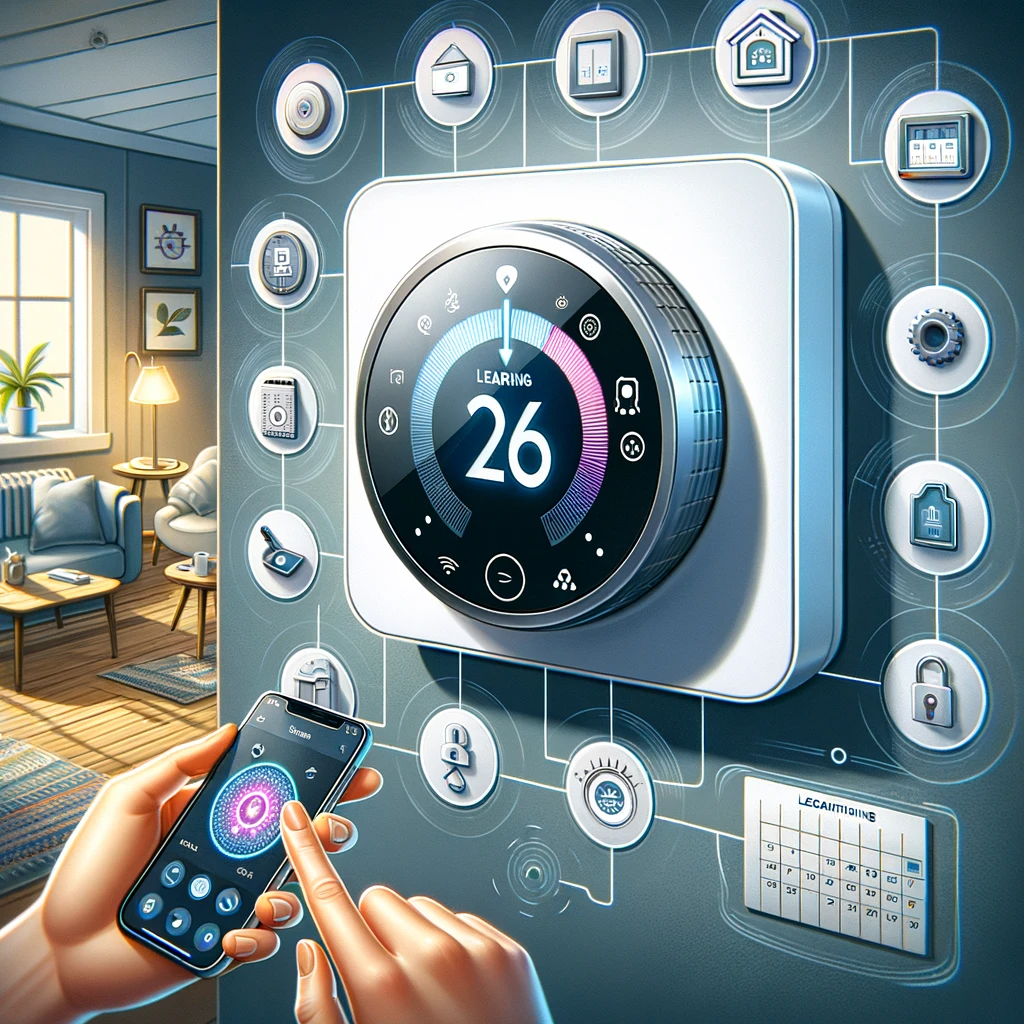
In December, Australian households face the dual challenge of coping with summer heat and increased energy use during the holidays. By adopting a combination of smart cooling strategies, efficient appliance use, and energy-saving practices, homeowners can significantly reduce their energy consumption while still enjoying the comfort and joy of the season. Remember, small changes can lead to substantial savings over time, making your household more energy-efficient and environmentally friendly. So this December, embrace these energy efficiency tips and not only save on your energy bills but also contribute to a more sustainable future.
Got opinions about summer energy savings? Have your say in the comments, but please first read and understand our Community Guidelines.
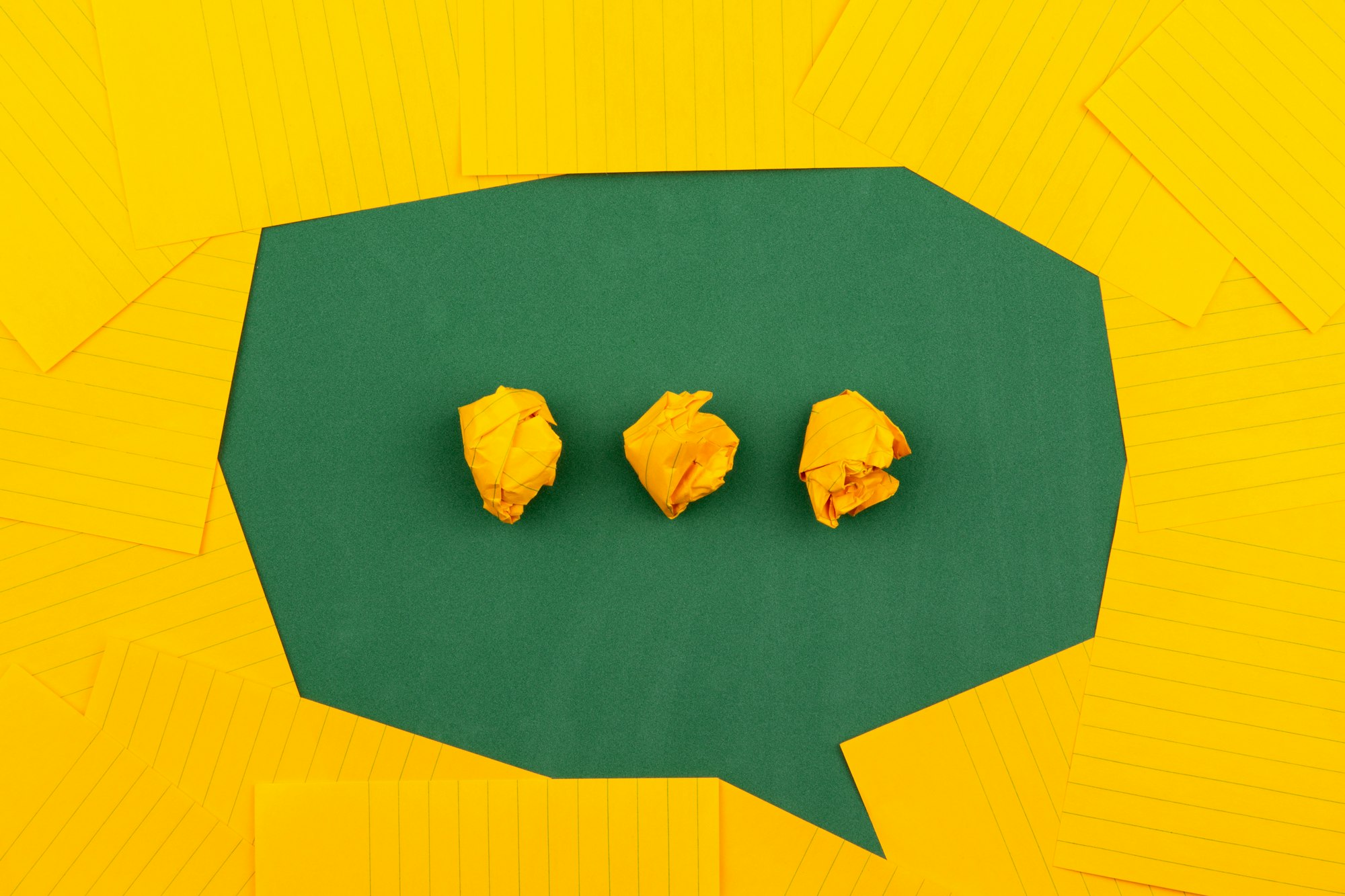
Savings as a Service is the blog site and newsletter from Bill Hero. Subscribe now and get your energy savings tips and information delivered fresh to your inbox every month.